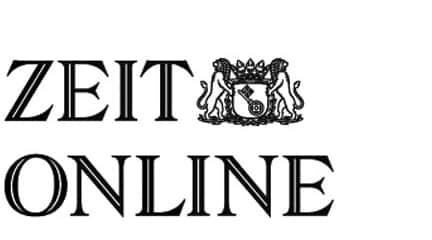Was thrilled to chat with the very smart interviewer from the Intelligencer, Eric Levitz, read the full interview here.
A quote from the article:
something really extraordinary that happened in March, in which nearly the entire world — individually and collectively — made this decision to shut down the economy to preserve human life. Politicians and businesses and citizens and trade unions — the whole mass of collective actors — made this decision. The vast majority of humanity was subject to it.
And it may have been a catastrophic mistake. I don’t think we can rule that possibility out. We can’t run it again. We don’t know what the consequences would have been. We’ve ended up with what we’ve ended up with. But part of what we ended up with was this collective decision — and as costly and painful as it was, there’s something truly spectacular about that moment.
And then, of course, all hell breaks loose. Inequalities make themselves dramatically felt. We can’t hold it together. It’s a shitshow. None of that struck me as surprising. But March was a different story.
From my interview with Eric Levitz


